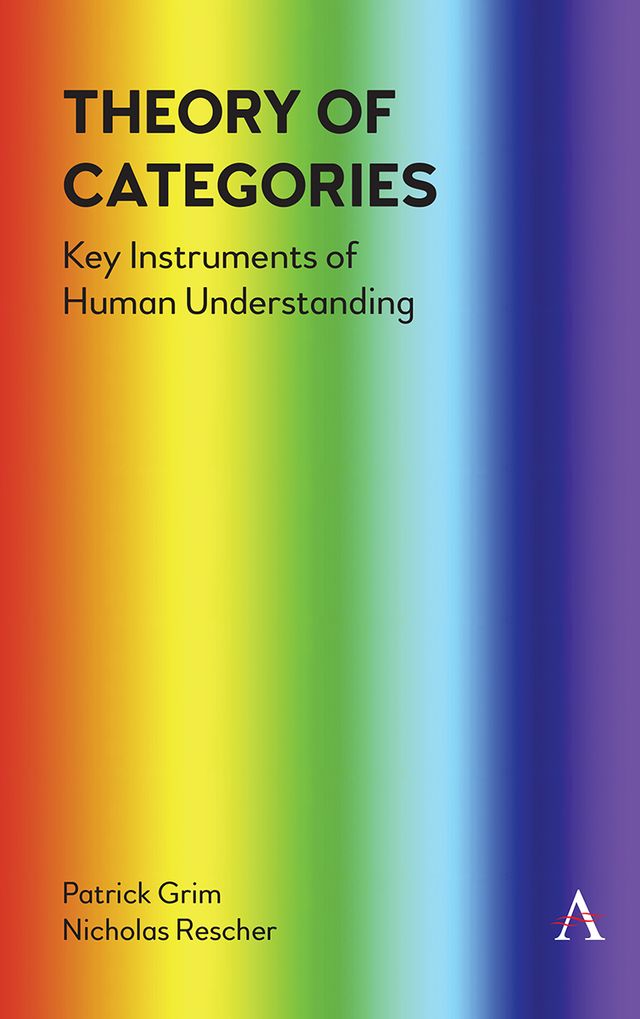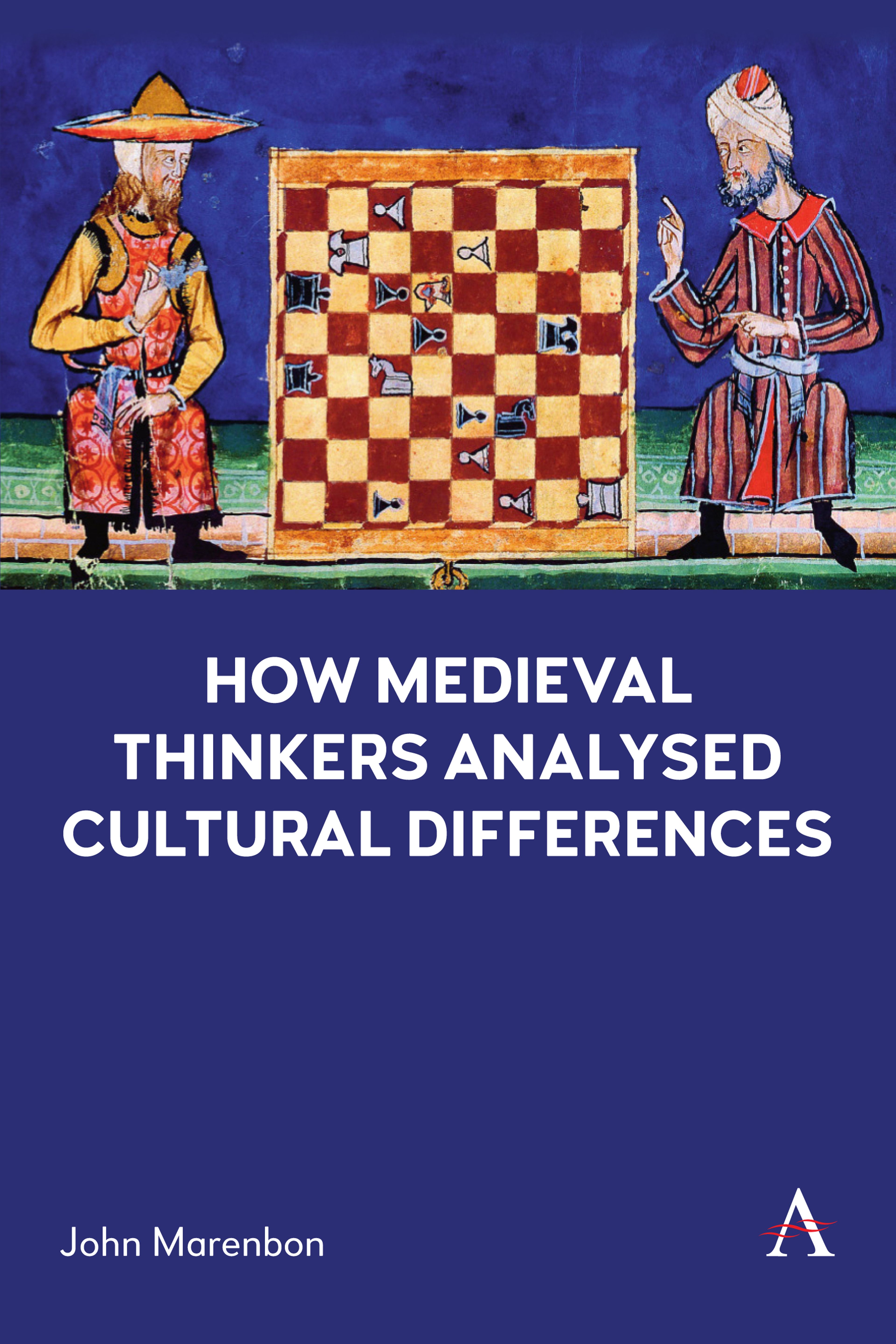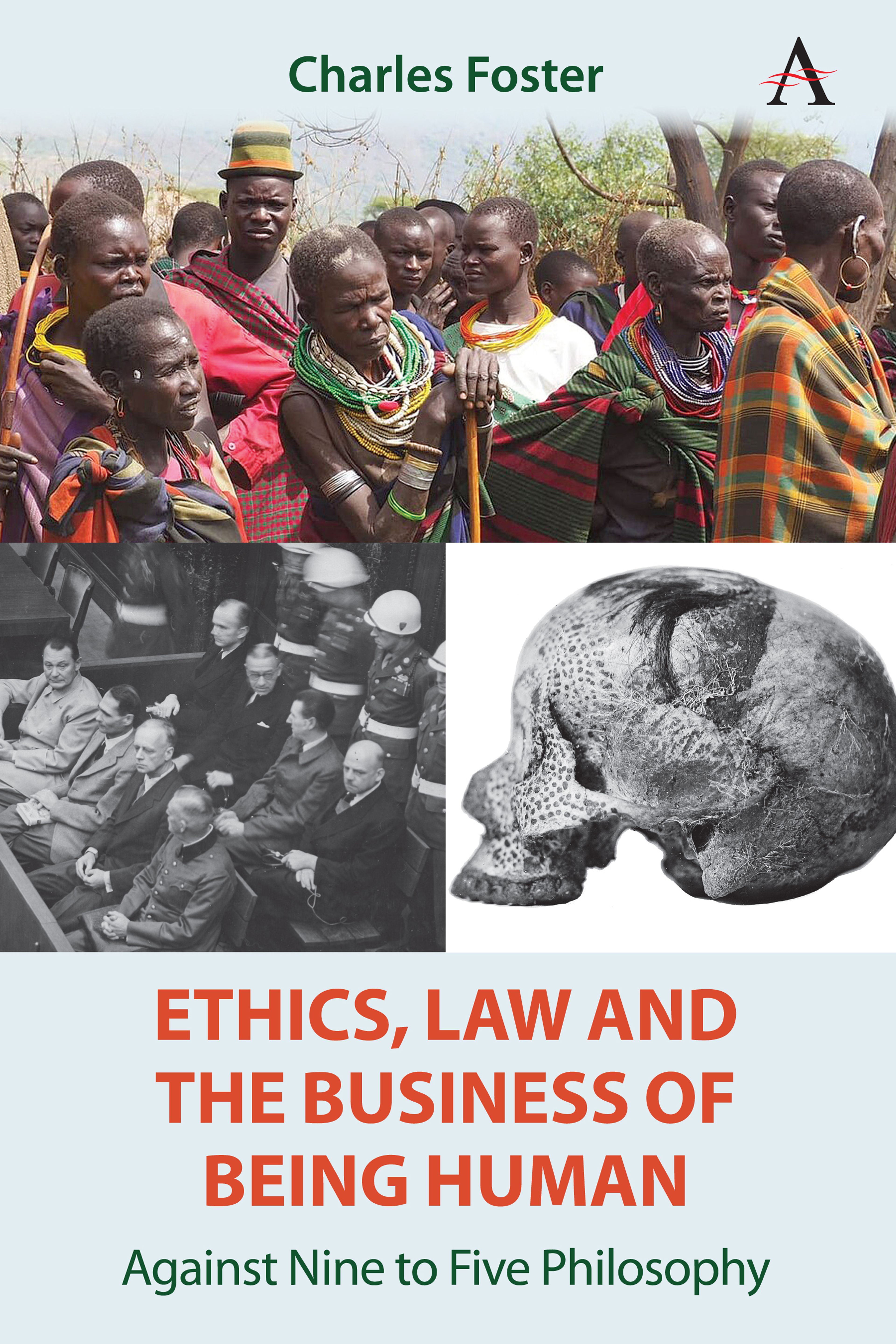Dr. Nicholas Rescher and Dr. Patrick Grim
ISBN: 9781839988158
Pages: 176
Pub Date: September 2023
Imprint: Anthem Press
Categorization is an essential and unavoidable instrumentality for conceptually navigating a world—indeed for being able to conceptualize a world to be navigated. Classification is a pivotal instrument for scientific systemization, featured as a basis for the philosophical understanding of reality since Aristotle, but classificatory concepts of sorts, types and natural kinds inevitably pervade our understanding of ourselves and our position in the social as well as the natural world at all levels. The authors argue that the character, purpose, context and culturerelativity of categories and categorization have been widely misunderstood—that standard philosophical views are substantially correct in some respects but markedly mistaken in others.
The book offers a comprehensive survey of basic principles of classification and categorization, with a multitude of illustrative examples accompanied by instructive analysis of ways and means. Initial chapters include a critical examination of previous work on the nature of categories, a wide-ranging survey of the ways in which categories have been conceptualized in the history of philosophy and a survey of relevant empirical work and scientific theory regarding both perceptual categories and categorization in general. In later chapters, the authors argue that the long-seated misunderstandings of categories that they identify underlie paradoxes in logic regarding vagueness and identity, puzzles in philosophy of science regarding induction, essences, natural laws and natural kinds, and problems in social philosophy and our ethical lives as well. A more adequate grasp of the nature of categories and categorization offers a better understanding of a range of classical philosophical problematics and the promise of alternative approaches.






